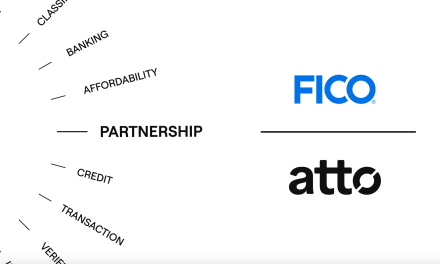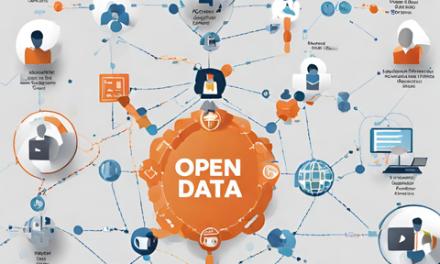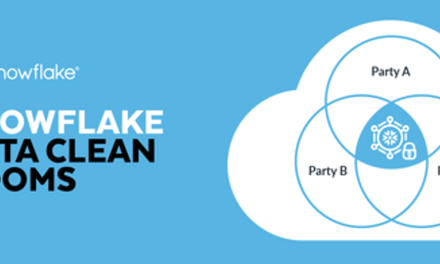Earlier this year, Equifax and FICO announced a partnership, pooling their collective consumer financial data sets to offer the Data Decisions Cloud. In a piece published on PaymentsJournal, Martin Kurpiel, SVP Technology Solutions & IT, Valid, discussed how this partnership will impact lending and the “future of finance.”
 “While it’s unclear exactly how much combined data the two companies have within their cloud product, it’s safe to say that the market and demand for alternative data sources is unlikely to shrink,” said Kurpiel. “Reports also indicate that traditional credit score competitors TransUnion and Experian have made plays of their own to get into the alternative data game. But what does more data being available to banks actually mean for the consumer, and what should we expect in the future as this trend continues?”
“While it’s unclear exactly how much combined data the two companies have within their cloud product, it’s safe to say that the market and demand for alternative data sources is unlikely to shrink,” said Kurpiel. “Reports also indicate that traditional credit score competitors TransUnion and Experian have made plays of their own to get into the alternative data game. But what does more data being available to banks actually mean for the consumer, and what should we expect in the future as this trend continues?”
According to Kurpiel, the additional access to data this partnership brings to banks will mean more opportunity to customize offerings. Other benefits include faster decision making, as the additionally access to date could cut back on some red tape for larger transactions, such as home and business loans. Kurpiel notes that smaller transactions, from daily credit card transactions up to medium- to large- actions such as auto loans have already seen transaction times decrease in recent years, and big-ticket transactions like home loans now have the opportunity to see some faster response times. For consumers, credit scores may not be so “static” anymore. With more access to information, banks can access credit history in real-time to get a more up to date credit feedback.
The downside of the additional access to data is the security risk. Kurpiel states that “it will be interesting to see how the companies respond — while the way credit scores are calculated are relatively well known, adding more data means the reasoning behind decisions might get murky.”
Data privacy is a hot topic, and the focus of discussion at a Senate Banking Committee hearing on Tuesday.
Sen. Mike Crapo, Chairman of the Senate Banking Committee, said that more personal information was available to companies than ever before “as a result of an increasingly digital economy,” as witnesses noted the risks involved.
“In particular, data brokers and technology companies, including large social media platforms and search engines, play a central role in gathering vast amounts of personal information, and often without interacting with individuals, specifically in the case of data brokers,” Crapo said.
Source: DSnews.com/daily-dose


























